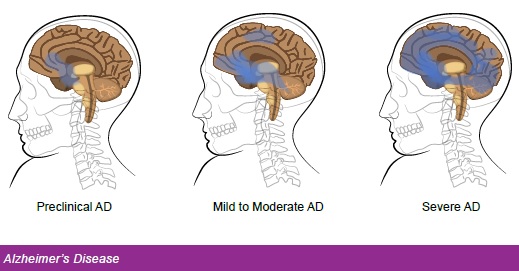
THE ADVANTAGES OF STUDYING WITH ACS
- You can start the course at any time and study at your own pace.
- Fit your studies around your own busy lifestyle - we provide full tutor support for all the time you are studying.
- Study where you want to - online studies offer the flexibility for you to determine where and when you study.
STUDYING FOR YOUR GOALS
- Give yourself an edge – the core modules provide you with foundation knowledge, whilst the elective modules enable you to tailor the qualification to your own career development.
- Gain a qualification relevant to your own career development in areas such as psychology, counselling, and life coaching.
Biopsychology is useful in many different careers, such as health, caring, psychology, social work, addiction work, counselling, pharmaceuticals, medicine and much more. Study biopsychology to improve your job and career prospects and your knowledge.
YOU CAN ENROL TODAY
You can start the course at any time.
If you have any questions or want to know more - please get in touch with us today; our specialist tutors will be happy to answer your questions.